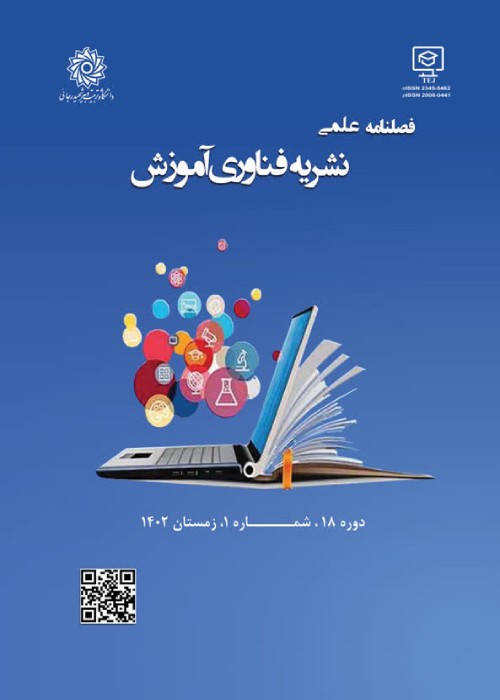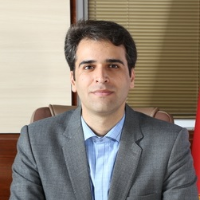Architectural design of schools with an emphasis on the motivation of Gardner's multiple intelligences
Schools, as the first formal and targeted educational and training center with predetermined managerial and managerial methods, play an important role in identifying individual talents. Talents that, if properly identified, can be the right path to the goals of a person's future by relying on intelligence. Providing the groundwork for talent recognition, followed by smart choices for the future, starts with an environment such as family and school; and schools must be able to pursue this issue properly. Educational methods based on educational technology and cognitive and metacognitive learning strategies are active educational methods that have an impact on academic achievement and self-efficacy. The philosophy of education in the past was limited to the transfer of an organized set of knowledge and the creation and promotion of a value system governing the behavior of the individual and society, which is important in the framework and efficient program of a discipline system with a specific structure and institutional chain. Educational concepts, methods, and steps were institutionalized, but today the philosophy of education has been developed more than ever before and new approaches have been used, in which the learner is given primary importance rather than the path he or she takes. This process is completely contrary to the teacher-centered method, because in the teacher-centered method, it is the teacher who determines the type of activity and how it is done without considering the various spectrums of intelligence and considers only the learning requirements, while the student-centered method is flexible. Trying to deal with each person in turn. The use of Gardner's theory of multiple intelligences emphasizes the concept that the mental, physical and psychological structure of individuals is different and the focus of education should be on the type of intelligence of individuals, so the need to design school architecture with such flexibility can be studied and analyzed.
This study, using available data from domestic and foreign scientific and research resources and field studies, compares the position of the theory of multiple intelligences in the architecture of the schools of the West and Iran.
The flexibility in the type of education according to the type of school design in Iran, which is linear, with closed classes and one form, is negligible, and compared to the design of schools in the West, the lack of features includes Gardner's multiple intelligences. This is while the design of schools in the West with open and dynamic classroom practices seeks to stimulate various types of intelligence.
Relying on multiple intelligences is one of the themes that can be combined with the design of schools and relying on a pivotal student to flourish creativity in students, a way in which none of the two students are in the same conditions, and they are who determine their learning by their activities. In fact, in this type of school design, the teacher becomes a pivotal student .
- حق عضویت دریافتی صرف حمایت از نشریات عضو و نگهداری، تکمیل و توسعه مگیران میشود.
- پرداخت حق اشتراک و دانلود مقالات اجازه بازنشر آن در سایر رسانههای چاپی و دیجیتال را به کاربر نمیدهد.



